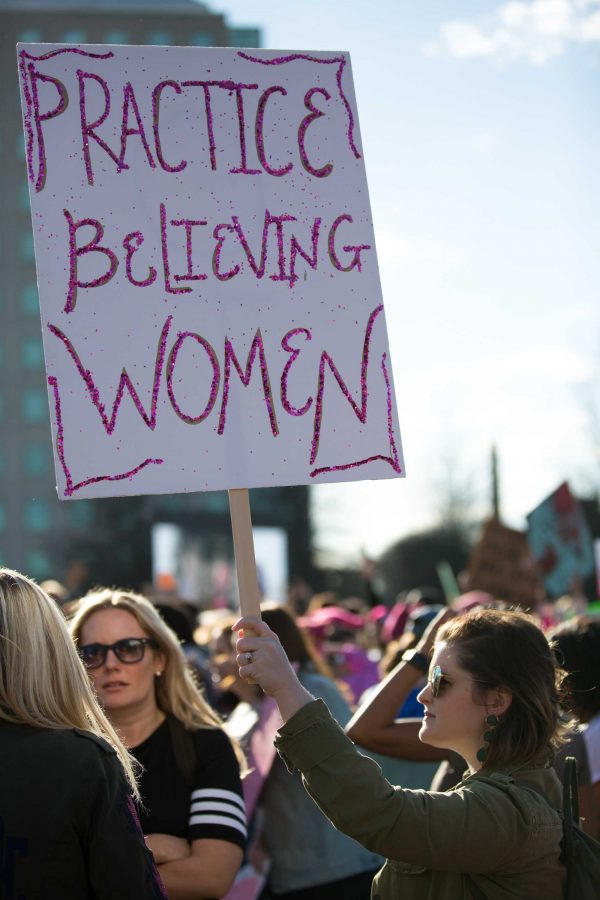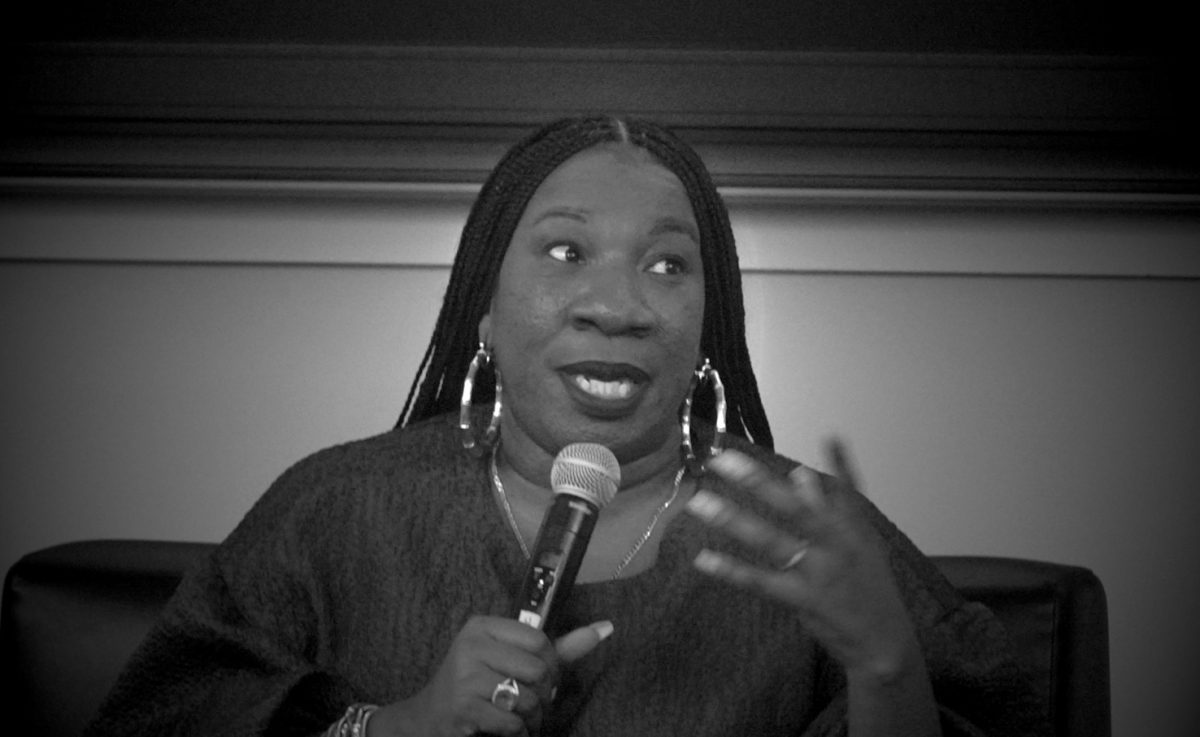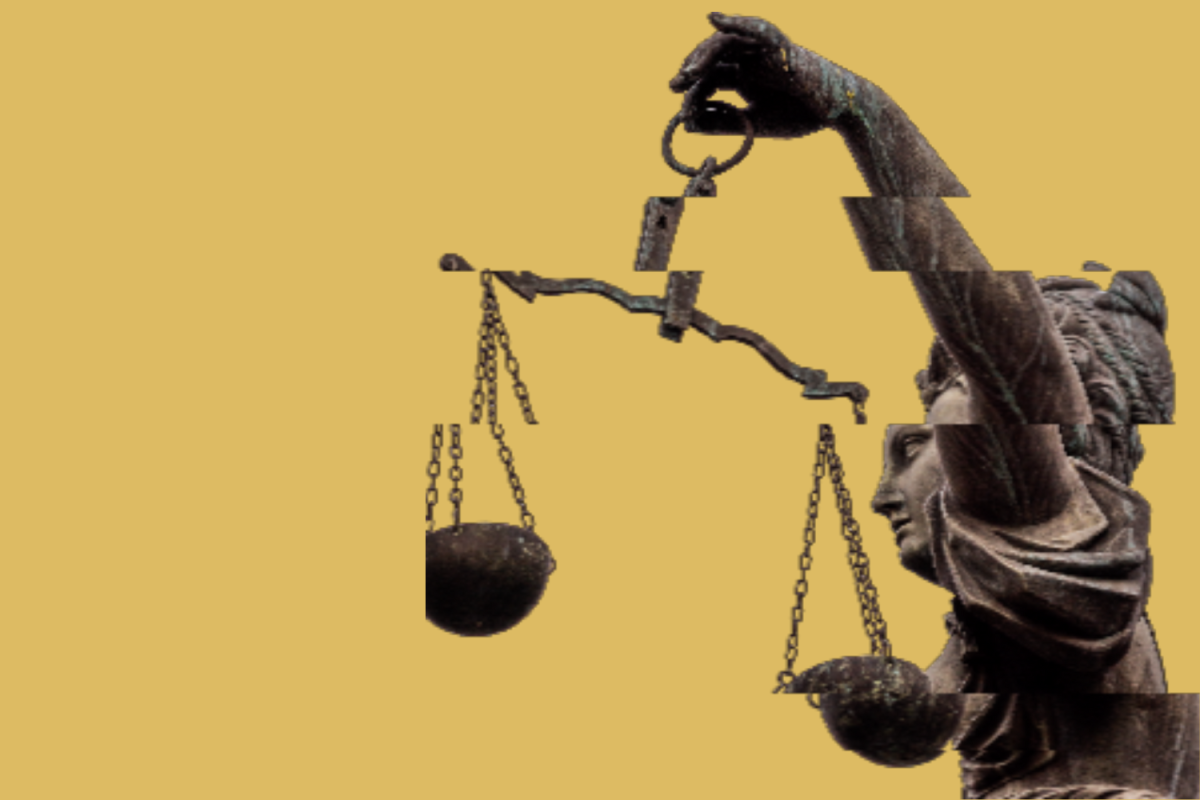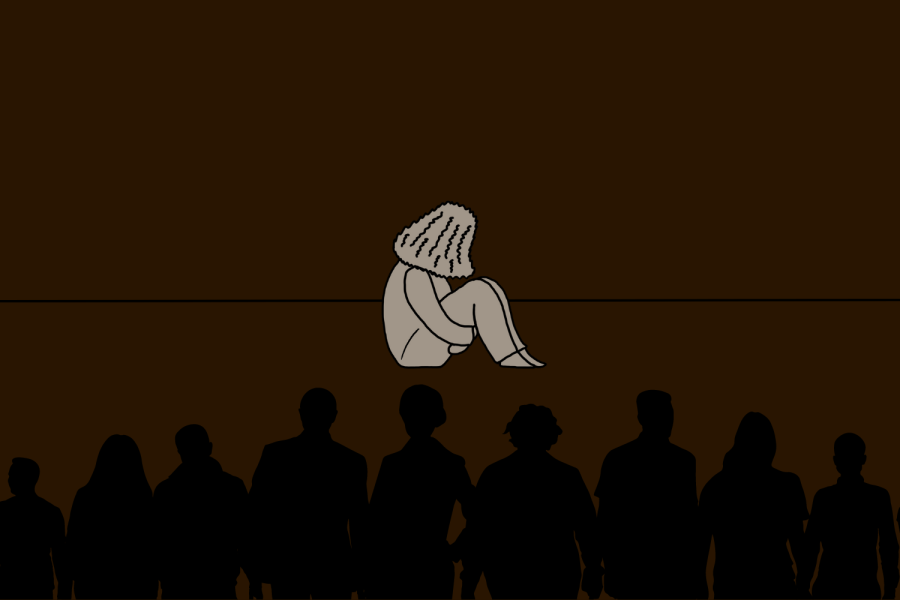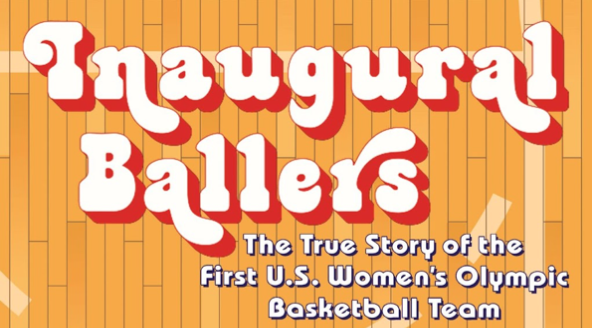Content warning: sexual violence, dating violence
“They force you to shut down, then judge you for not opening up” -R. H. Sin
We are living in a new age, and it has finally dawned on me that I shouldn’t let the fear of others’ repercussions stop me from releasing my anger that has been boiling under the surface for two years. I have learned over time – with nightmares, flashbacks, bouts of anger and frustration, social isolation, depression and an eating disorder – that the only way to move on from my own past is to address it head-on. Here is my story, in its naked truth, with personal characteristics and identifiers removed.
I am a survivor of dating violence, and I have Post-traumatic Stress Disorder (PTSD). I have been quietly attending group therapy sessions at my university’s center for sexual misconduct prevention and response, speaking to a confidential Victim Resource Specialist one-on-one, seeing a therapist once a week at my university’s psychological counseling center and meeting with a therapist in my hometown.
Why haven’t I spoken up in the past two years? The answer is simple: my abuser is one of the most charismatic, well-liked boys in any crowd (and no, he is not a man; real men do not hurt women). In fact, people are so quick to take to him, I was afraid that everyone would turn against me if they knew. I saw this fear materialize with the reactions surrounding White House aide Rob Porter, who was revealed to have abused his ex wives. Our President rushed to Porter’s side, claiming that the allegations were false – despite photographic evidence – and that he wished him well during this “tough time.” In a society with this victim-blaming approach, how could a survivor have the courage to speak about her experience?
Not only are there many potential social repercussions, but there are legal obstacles as well. A victim who speaks out about her experience will be almost immediately contacted by campus officials and implored to start an investigation, as is directed under Title IX. Additionally, there is a wave of perpetrators claiming that the #MeToo allegations are false, and they are suing the victims for defamation. With all of these deterrents, it is easy to understand why so many victims have remained silent for so long.
“A mistake repeated more than once is a decision.” -Paulo Coelho
The boy in my narrative started out as a goofy, fun-loving guy. This transitioned to drunken nights punctuated with light roughhousing. Then – before I could even fathom it – it escalated to him blacking out and being careless with my body. In his many stupors, he broke my nose, bit down on my lip, bruised and scratched my neck, shoved my face under a running faucet, suffocated me with his body on my face, and almost drowned me. This was all occurring with the constant thought: is he doing this purposely, or is he just so unaware of his level of intoxication and his size? I chose to believe the latter, as I was infatuated with him, and so this occurred over a period longer than it should have. Regardless of the truth in his intentions, I’ve come to realize that what I have experienced is just as wrong in either case. I was abused, and I was my only witness.
During all of this, verbal and emotional abuse coincided with each incident: calling me names, gaslighting, body shaming, belittling, victim blaming, threats to break up, etc. The physically violent incidences are all memories that have slowly been coming back to me over the past two years, out of a repressed corner of my mind, as is characteristic of PTSD.
I didn’t realize the impact that his actions had had on me until one day, several months after we cut things off, I had my first panic attack. I realized that I needed to finally address what I had downplayed all this time. It took months before I could say “abuse” instead of “the a-word.” Like many other victims of interpersonal violence, I experienced shame, numbness, insomnia, anxiety, depression, overwhelming anger and guilt. However, the fact that I am able to write out this experience and share it with others is a sign of improvement, and I want this to serve as a beacon of hope for victims who have not yet reached this stage.
“and here you are living, despite it all” -Rupi Kaur
With the #MeToo movement, we have begun to recognize that there are many victims hiding in plain sight. There are people who you know dearly and care for who likely have not shared their story. There are many reasons, as I mentioned earlier, for why a victim is hesitant to come forward. Above all, no one wants to be labeled as crazy, and everyone wants to be taken seriously. Putting our most vulnerable selves into the public eye – to be potentially subjected to scrutiny, criticism and outright denial – is possibly the most stressful action a survivor can take. Especially in a campus setting, where many perpetrators are socially adept and well-liked by others, it is almost assumed that the friends of the accused will turn against those who speak out. Because of this, I have come to accept that there will be those who do not believe me, despite a plethora of evidence.
However, it is not only therapeutic for us survivors to put our experiences into words, but it is also helpful to demonstrate to the world the extent of this heinous problem. The importance of speaking out does not just apply to females; survivors are men as well. If we all were able to express our past without fear of retribution, and without the ridiculous level of sympathy others have for our perpetrators, the world would be more informed and more driven to action than ever. I encourage the Vanderbilt community to share your stories without fear, as I and many others like you are here to support you. If you don’t have a story to tell, share this one and others like it to demonstrate that this is a bigger problem than people realize. It is time to take action, now more than ever.
Project Safe is available to anyone who may need support and resources for issues of intimate partner violence and/or sexual violence. The Project Safe 24-hour hotline is 615-322-SAFE (7233). Any mandatory reporters who have questions about their responsibilities in regards to this story can contact Project Safe at 615-875-0660 or at [email protected]. The Project Safe Center is located near Alumni Lawn at 304 West Side Row (Cumberland House).











